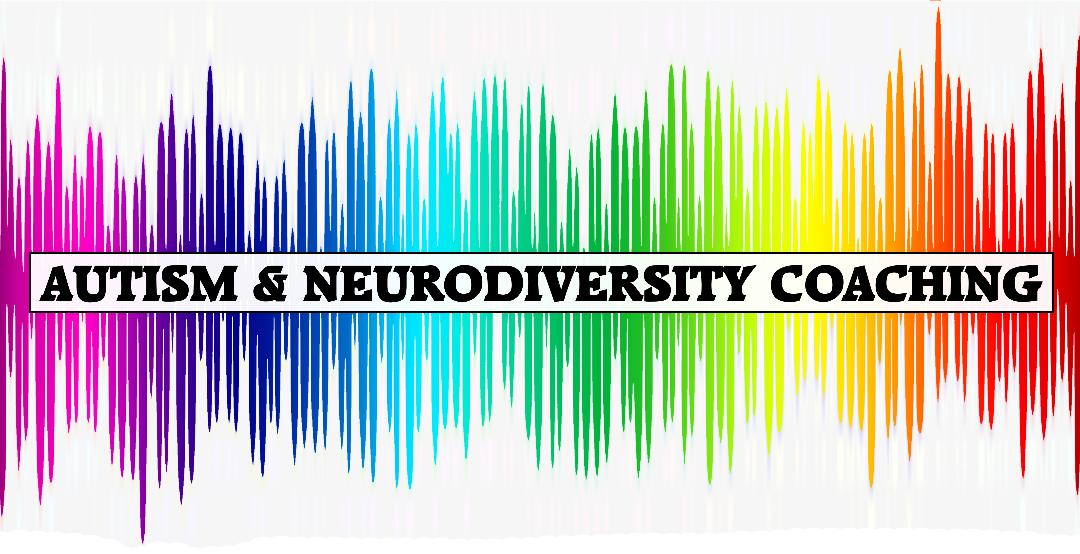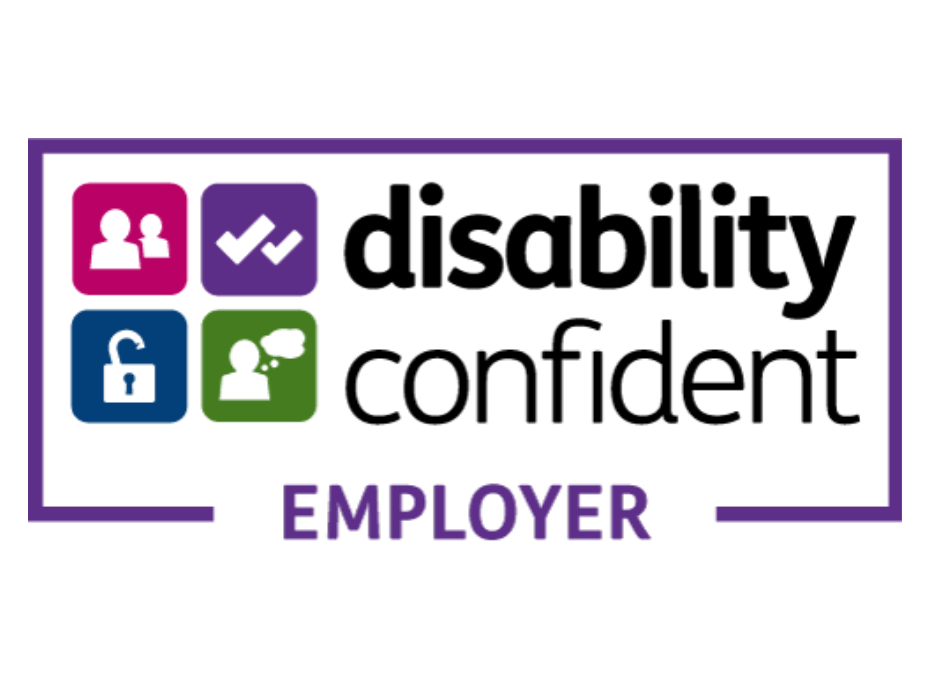Continuing the Journey: Beyond the Classroom

Supporting dyslexic students in the classroom is just one part of the equation. To truly empower these students, it's important to extend understanding and support beyond the classroom walls. This involves engaging parents, fostering self-advocacy, and promoting a lifelong love of learning. Here’s how we can continue to support dyslexic students throughout their educational journey and beyond.
Engaging Parents as Partners
1. Open Communication
Parents play a crucial role in the academic success of dyslexic students. Teachers should maintain open and regular communication with parents, keeping them informed about their child’s progress, challenges, and the strategies being used in the classroom. This collaboration ensures that parents can reinforce learning at home and provide emotional support when needed.
2. Providing Resources
Educators can also empower parents by providing them with resources and strategies to support their child's learning at home. This might include recommending books, websites, and tools specifically designed for dyslexic learners. Workshops or parent meetings focused on understanding dyslexia can also be beneficial, helping parents become more effective advocates for their children.
3. Encouraging a Positive Mindset at Home
Parents can help their children develop a positive mindset by focusing on strengths rather than weaknesses. Encouraging children to explore their interests and talents, whether in the arts, sports, or other areas, can boost self-esteem and provide a sense of accomplishment. Additionally, fostering a growth mindset—where mistakes are seen as opportunities to learn—can help dyslexic students develop resilience and perseverance.
Fostering Self-Advocacy
1. Teaching Self-Awareness
An important step in empowering dyslexic students is teaching them to understand and articulate their learning differences. By helping students recognize their unique challenges and strengths, educators and parents can guide them in becoming self-aware learners. This self-awareness is the foundation for effective self-advocacy, enabling students to ask for the support and accommodations they need.
2. Encouraging Self-Advocacy Skills
As students progress through their education, it’s important that they learn to advocate for themselves. This might involve speaking up in class to ask for clarification, requesting additional time on assignments, or discussing their needs with teachers and counselors. Building these skills early on can help dyslexic students navigate higher education and the workplace more confidently.
3. Building Confidence through Success
Confidence is key to self-advocacy, and one of the best ways to build confidence is through success. By setting achievable goals and celebrating small victories, educators and parents can help dyslexic students see their progress and believe in their abilities. Whether it’s mastering a difficult word or completing a challenging project, these successes provide the motivation to keep pushing forward.
Promoting Lifelong Learning
1. Encouraging a Love of Reading
For many dyslexic students, reading can feel like a daunting task. However, fostering a love of reading—at any level—is crucial for their long-term success. This can be achieved by providing access to audiobooks, graphic novels, or high-interest, low-difficulty books that match the student’s interests. The goal is to make reading enjoyable rather than a chore, helping students develop a lifelong habit of reading.
2. Emphasizing Strength-Based Learning
Dyslexic students often excel in areas that don’t rely heavily on traditional literacy skills, such as creative arts, problem-solving, and critical thinking. By emphasizing these strengths and providing opportunities for students to showcase their talents, educators can help dyslexic students build a positive self-image and a passion for learning that extends beyond the classroom.
3. Preparing for the Future
As dyslexic students approach higher education and career choices, it’s important to prepare them for the future. This includes helping them understand the accommodations available in college and the workplace, as well as encouraging them to pursue careers that align with their strengths and interests. By focusing on their abilities rather than their challenges, dyslexic students can find fulfilling paths that allow them to thrive.
Conclusion: A Holistic Approach to Dyslexia
Supporting dyslexic students is a multifaceted effort that involves the collaboration of educators, parents, and the students themselves. It requires a deep understanding of the unique challenges these students face, as well as a commitment to providing the tools and strategies they need to succeed.











